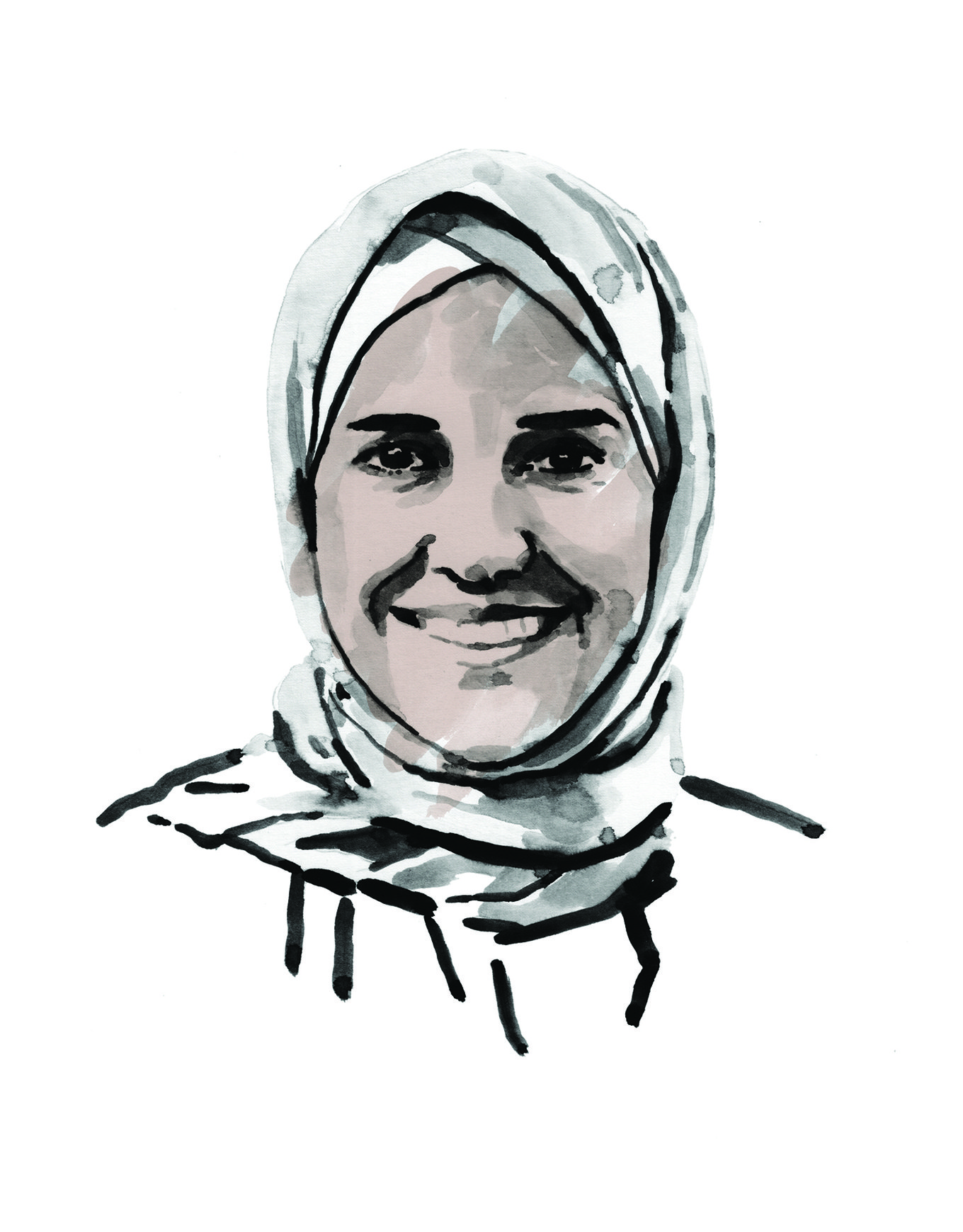Energy & sustainability
Ghena Alhanaee
Heavy dependence on infrastructure like oil rigs, nuclear reactors, and desalination plants can be catastrophic in a crisis. Her data-driven framework could help nations prepare.

Global
Tony Pan
His company revamps an old device to allow you to generate electricity in your own home.

Global
Avinash Manjula Basavanna
His biodegradable plastic protects against extreme chemicals, but heals itself using water.

China
Jinxing Zheng
Exploring controllable nuclear fusion technology to solve the global energy problem

Global
Rebecca Saive
She found a way to make solar panels cheaper and more efficient.
